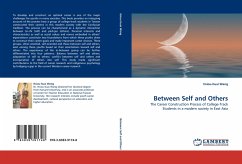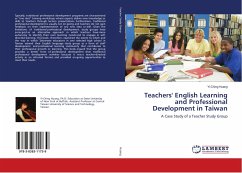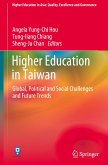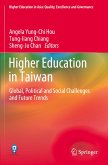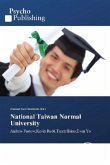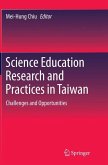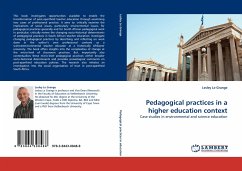To develop and construct an optimal career is one of the major challenges for youths in many societies. This book provides an intriguing account of the process how a group of college-track students in Taiwan constructed their careers in this modern society with the Confucian tradition. The process can be characterized as a dynamic interaction between tsi-chi (self) and pieh-jen (others). Personal interests and characteristics as well as social values and norms embodied in others' expectations constitute two foundations from which these youths draw to construct their career goals and make important career choices. Three groups, other-oriented, self-oriented and those between self and others, exist among these youths based on their orientations toward self and others. The experiences of the in-between group can be further differentiated into four patterns: Balance between self and others; adaptation of self to others; conflict between self and others and incorporation of others into self. This study made significant contributions to the field of career research and indigenous psychology by bridging a gap in the current Western career research
Bitte wählen Sie Ihr Anliegen aus.
Rechnungen
Retourenschein anfordern
Bestellstatus
Storno

